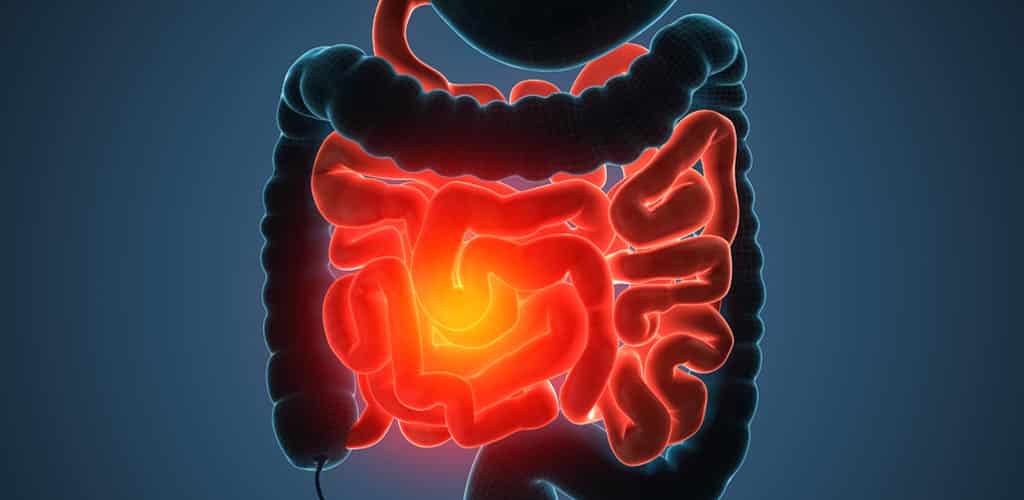Bowel cancer is the 3rd most common cause of cancer deaths world wide.
Bowel cancer, also known as colorectal cancer or colon cancer, is any cancer that affects the colon (large bowel) and rectum (back passage).
Excluding skin cancers, colorectal cancer is the third most common cancer in the United States. It is the fourth most common cancer in the UK and in Australia and the UK it is the 2nd biggest cancer killer. There is some gender bias as 55% of people diagnosed with bowel cancer are men and 45% of people diagnosed with bowel cancer are women .
What are the signs and symptoms of bowel cancer?
Although these symptoms may be due to other causes, it is important to see your GP as soon as possible if you have any of the following symptoms
- Bleeding from the back passage, blood mixed in with the stool or dark stools
- A persistent and unexplained change in bowel habit, especially to looser and more frequent stools
- Unintentional weight loss and tiredness
- Persistent abdominal pain
- Lump felt in the abdomen or back passage
What are the risk factors for bowel cancer?
It is not known exactly what causes bowel cancer, but research has shown that there are a number of factors that can increase your risk. Unfortunately some of these are non modifiable risk factors and these include:
- Age – your risk of colorectal cancer goes up as you age. Younger adults can get it, but it is much more common after age 50.
- Family history- people with a history of colorectal cancer in a first degree relative have an increased risk. The risk is even higher if the relative was under the age of 50 when diagnosed or if there is more than one first degree relative.
- Personal history of inflammatory bowel diseases e.g. Ulcerative Collitis and Crohns Disease or if there is a history of polyps found on colonoscopy.
- Genetic conditions – there are two rare genetic conditions. Familial Adenomatous Polyposis (FAP) which triggers the growth of non cancerous polyps inside the bowel and hereditary non polyposis colorectal cancer (HNPCC) also known as Lynch Syndrome is an inherited gene fault that increases your bowel cancer risk.
- Type 2 Diabetes also increases risk of developing colorectal cancer
How can you reduce your risk of bowel cancer?
- Diet – a high intake of red and processed meat and saturated fats increases your risk. Eating a healthy balanced diet cutting down on red meat and saturated fats with lots of fruit, vegetables ,whole grain foods (high fibre) and fish can reduce your risk.
- Weight – being overweight and inactive increases your risk of colorectal cancer. It is important to increase exercise and bring your weight down to a healthy BMI in order to reduce your risk.
- Alcohol – colorectal cancer has been linked to heavy alcohol use. Limiting alcohol use to under 14 units per week could have many health benefits, including a lower risk of colorectal cancer.
- Smoking – bowel cancer risk is 17-21 % higher in current cigarette smokers compared with people who have never smoked. It is important to try to cut down or stop smoking to reduce your risk of colorectal cancer and many other health conditions linked to smoking. See your GP for smoking cessation advice and medication that can help you stop.
Colorectal cancer screening
Most colorectal cancers begin as a growth called a polyp on the inner lining of the colon or rectum. Not all polyps change into cancer, but some types of polyps can change into cancers over the course of several years. Regular screening can often prevent colorectal cancer by finding and removing polyps before they have the chance to turn into cancer. Screening can also often find colorectal cancer early, when it might be easier to treat.
It is recommended that people aged 50 years and over should consult your GP to discuss and be referred for colorectal screening.
Screening is divided into two main categories – tests that screen for cancer and polyps, this is usually in the form of a bowel scope (colonoscopy/flexible sigmoidoscopy) and tests that detect cancer, this is in the form of stool samples.
Summary
Bowel cancer is the 3rd biggest cause of cancer deaths worldwide. Although some symptoms can be attributed to other causes, it is best to seek medical advice for assessment if you suffer with any of the red flag symptoms. Bowel cancer increases with age however young adults can get colorectal cancer too and it is therefore important to speak to your doctor if you are under the age of 50 years with bowel symptoms or have an increased risk of bowel cancer.(eg family history).
Early detection of polyps or colorectal cancer is key to prevention and successful treatment therefore colorectal screening is very important .Get advice from your GP about when and which types of screening methods are best suited for you dependant on your individual risk.
 Dr Sonali Sass is a UK trained Doctors and based at IMC Camden.
Dr Sonali Sass is a UK trained Doctors and based at IMC Camden.
Call 6733 4440 to make an appointment.


































